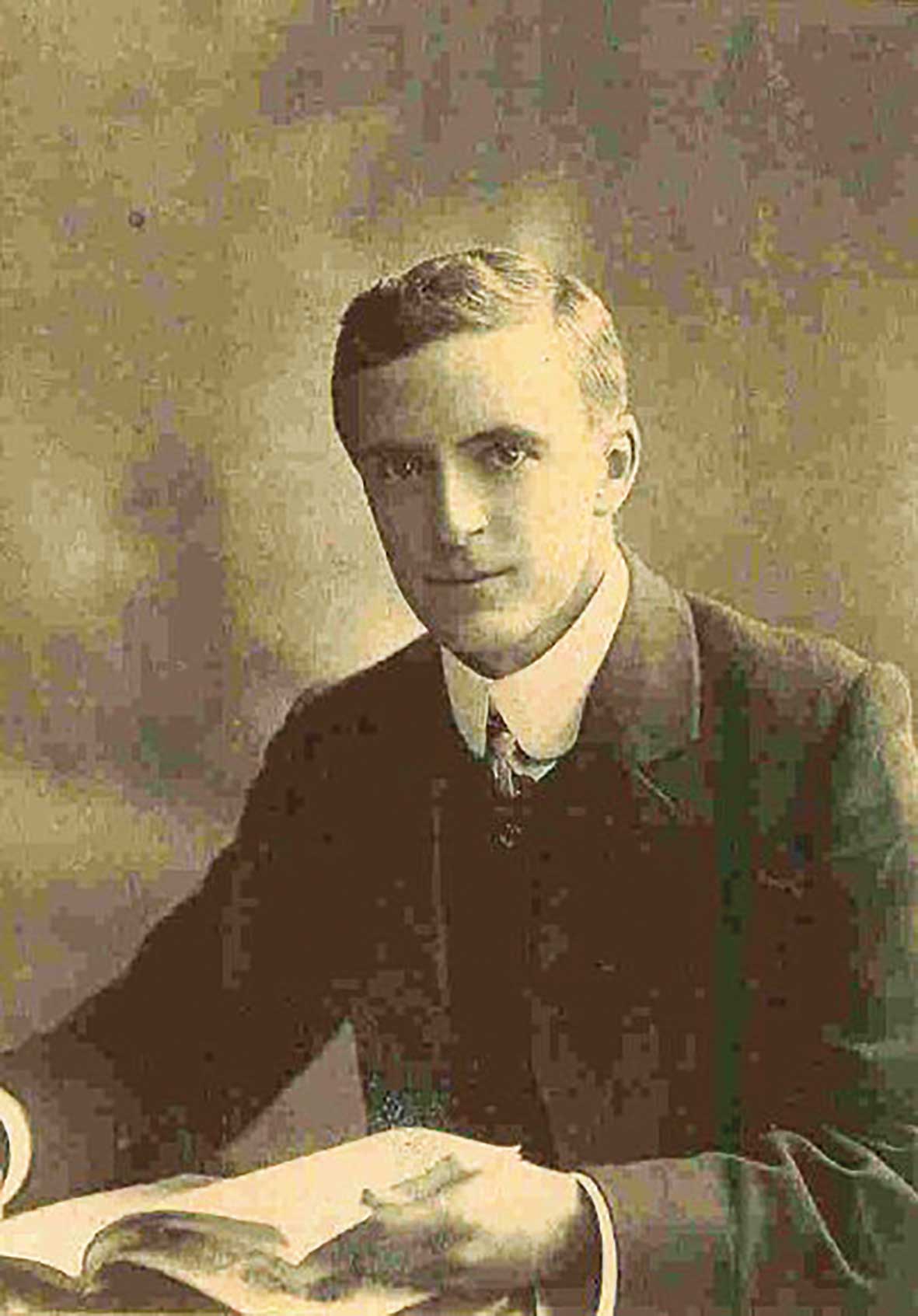It was described as a life-changing moment between two men – one a teacher from Tunbridge Wells, the other his pupil in India.
As brief as the encounter was, it would set in chain events which would spell the end of British India.
Professor Edward Farley Oaten was assaulted by a firebrand, his 19-year-old student Subhas Chandra Bose, who would later become a driven fighter for Indian freedom.
Radicalised
The radicalised militant, who forged a powerful alliance with the Nazis, was credited by Prime Minister Clement Atlee as being the inspiration for the Indian mutiny.
Bose died in 1945, before his dream of Indian independence was realised, but Professor Oaten dedicated a poem to him in his obituary.
It starts with the words: “Did I once suffer, Subhas, at your hands?”
Later the verse likens him to the mythical Icarus – who flew too close to the sun – in a reference to his death in a plane crash.
Film maker
Now a film-maker is writing a screenplay featuring Prof Oaten and his life.
Erland Haugen would like to hear from local historians who may have any information – especially poetry – on Prof Oaten.
Although Prof Oaten had a distinguished career, it was his encounter with Bose and the poem he wrote to his memory which cements his place in the history of the empire.
According to research conducted by the Open University, Bose went to Calcutta in 1913 to attend the Presidency College.
In 1916, Bose was expelled for his complicity in beating Prof Oaten, whom he had heard had allegedly manhandled some Indian students.
Bose had been involved in student political groups in Calcutta and received much sympathy for his expulsion. He joined Scottish Church College and graduated in 1919 with a degree in philosophy.
Both men would acknowledge later how the incident was life-changing in very different ways.
Bose worked as the leader of the Bengal Congress and eventually the Indian National Congress, calling for industrialisation and the end to British rule over the country.
His politics came into conflict with the ideas offered by Mahatma Gandhi and Bose later allied himself with Japan to create the Indian National Army.
Mr Haugen said: “Any leads from local historians to find any ancestors of Oaten or any other poetry by him would be much appreciated. I am writing a screenplay and hope you find this story about a Tunbridge Wells man as interesting as I do.”
Prof Oaten died in his home town in 1973, aged 88.
Professor Oaten’s poem reads:
Did I once suffer, Subhas, at your hands?
Your patriot heart is stilled, I would forget!
Let me recall but this, that while as yet
The Majesty that you once challenged in your land
Was mighty; Icarus-like your courage planned
To mount the skies, and storm in battle set
The ramparts of High Heaven, to claim the debt
Of freedom owed, on plain and rude demand.
High Heaven yielded, but in dignity
Like Icarus, you sped towards the sea.
Your wings were melted from you by the sun,
The genial patriot fire, that brightly glowed
In India’s mighty heart, and flamed and flowed
Forth from her Army’s thousand victories won








